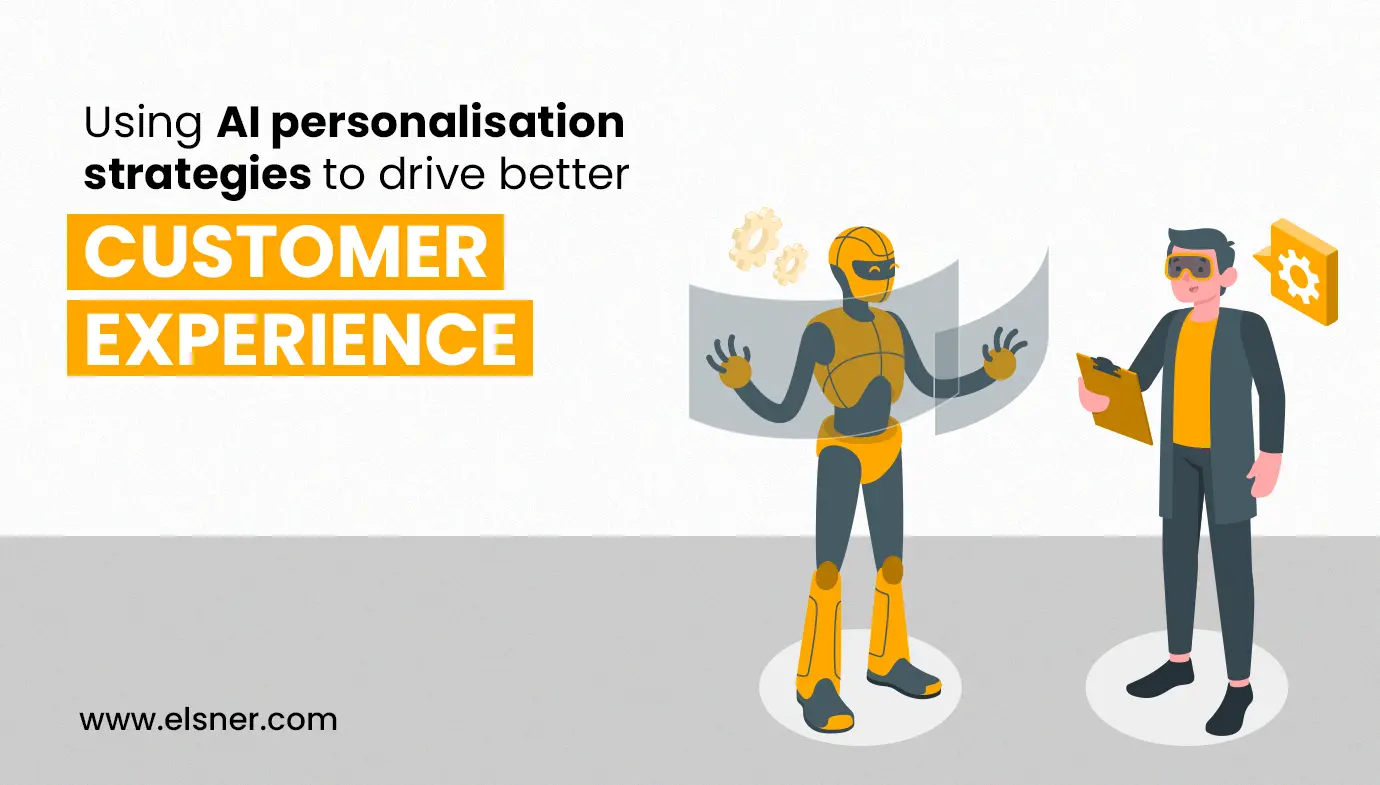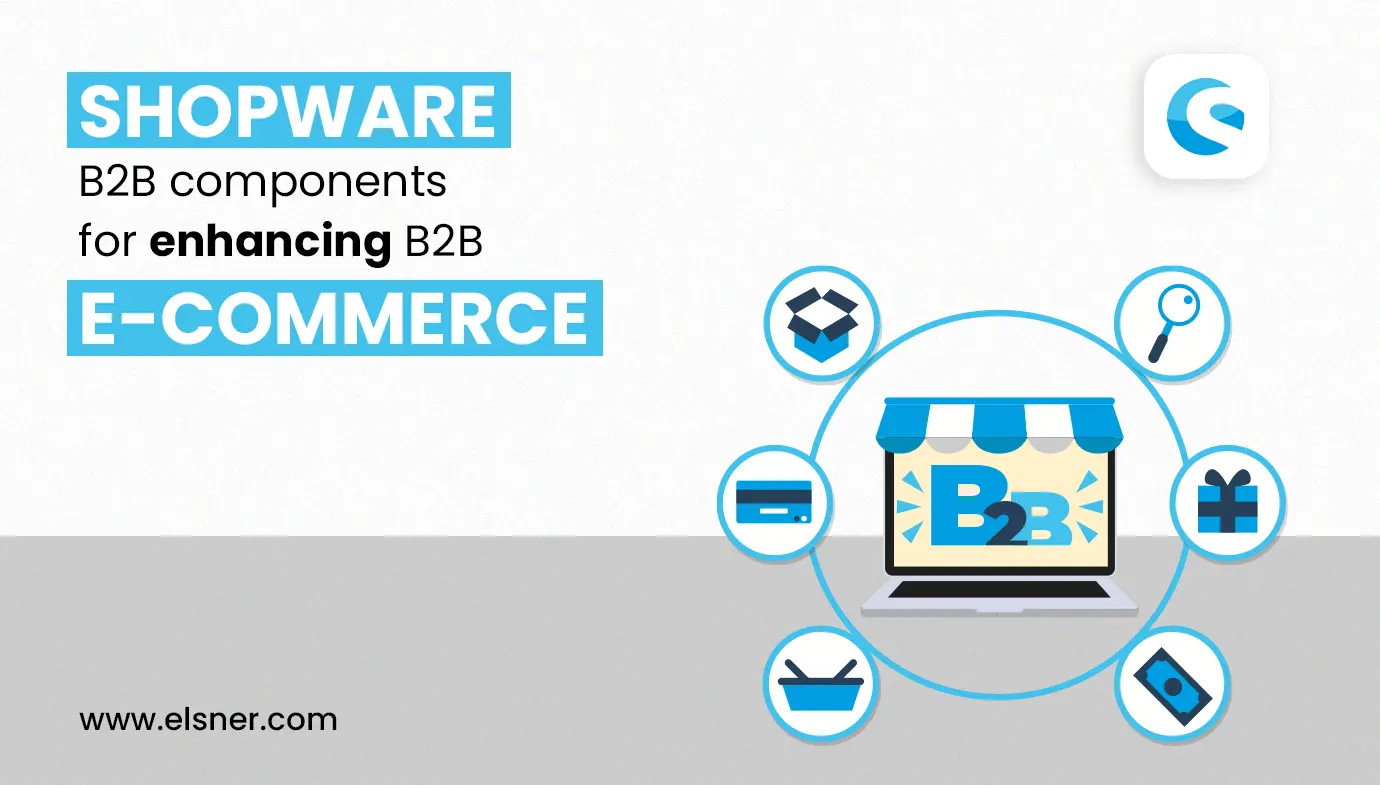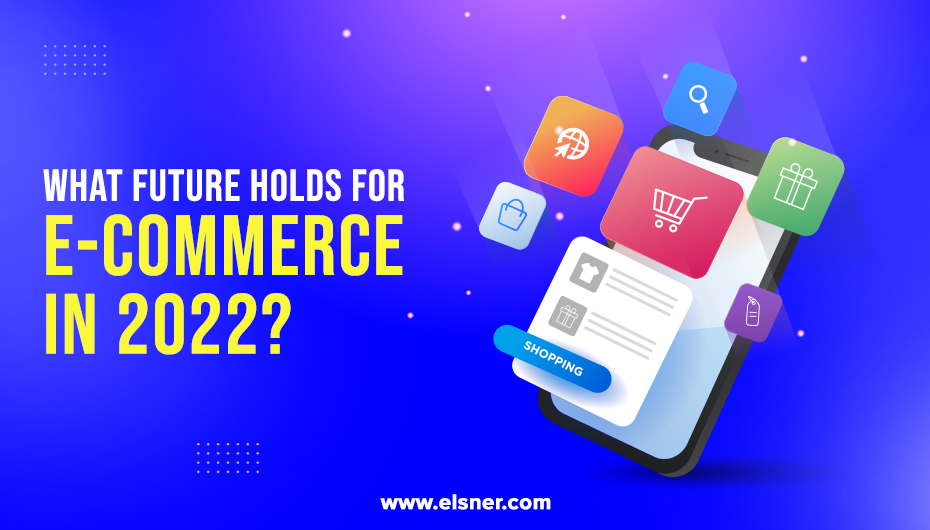- What is AI Personalisation?
- What is the Importance of AI Personalisation in E-commerce?
- What are the Key AI Customer Experience Strategies to Adopt?
- Strategy 1: Tailoring Product Recommendations
- Strategy 2: Dynamic Content Customisation
- Strategy 3: Streamlining the Shopping Journey
- Strategy 4: Personalised Communication
- Strategy 5: Customer Feedback and Sentiment Analysis
- Strategy 6: AI Customer Experience
- Bonus Tip: Measuring the Impact of AI Personalisation
Are you an e-commerce business owner looking forward to offering an exceptional AI customer experience to your customers? If your answer is yes, then one of the most robust tools that you can employ to achieve this is AI personalisation. With the aid of this revolutionary technology, businesses can customise their offerings as per the preferences of individual customers. It facilitates the creation of a satisfying and more engaging shopping experience.
In this detailed guide, we will inform you about the key strategies you should adopt for leveraging AI personalisation to improve customer satisfaction and drive sales. So, make sure to read this from the start to the end before opting for the assistance of a Shopware development agency:
What is AI Personalisation?
AI personalisation or artificial intelligence personalisation is considered to be a technique that is employed in different digital platforms. It includes applications, websites, and marketing campaigns. With this, you can tailor content, user experiences and product recommendations to individual preferences and behaviours.
It typically makes use of sophisticated algorithms and machine learning models, which help in evaluating an extensive amount of data. Therefore, this technology allows e-commerce business owners to get an understanding of their customers on a deeper level. Ultimately, it helps in offering personalised interactions for every user.
For example, in e-commerce, AI personalisation techniques can be employed for recommending products similar to those a customer has shown interest in the past or to customise the content of a website depending on the browsing history of the user.
What is the Importance of AI Personalisation in E-commerce?
AI personalisation tends to play a significant role in e-commerce due to the following reasons:
Improved Customer Experience: By focusing on personalisation, you can offer a customised and relevant shopping experience to your customers. AI can suggest content, products and promotions that are likely to resonate with every customer by understanding individual preferences. So, it results in a higher customer satisfaction rate and fosters a stronger emotional connection with the brand.
Better Customer Retention: Personalisation helps in nurturing customer loyalty. Whenever customers feel understood and valued, they are more likely to return to a brand to carry out future purchases. Building a loyal customer base is regarded as a sustainable means of driving long-term success in e-commerce.
Reduced Cart Abandonment: It is possible to address one of the biggest challenges in e-commerce with the help of AI, which is cart abandonment. Businesses can encourage customers to complete their purchases by offering personalised reminders, offers or recommendations during the checkout procedure.
Boost in Sales and Conversions: Customers are most likely to purchase from your store whenever they receive personalized recommendations. It is evident from studies that customised product recommendations can help considerably boost conversion rates and drive higher average order values.
So, by presenting products that well aligns with the purchasing history and interests of a customer, businesses can increase their revenue.
Optimised Marketing Campaigns: AI-driven personalisation involves targeting the right audience at the right time with the right message. Thus, it leads to improved engagement, higher click-through rates and a better ROI for marketing campaigns.
What are the Key AI Customer Experience Strategies to Adopt?
There are several AI customer experience strategies that businesses can focus on adopting to improve their interactions with customers. Below, we will focus on discussing a few important ones. So, let’s find out:
Strategy 1: Tailoring Product Recommendations
Utilising Customer Behaviour Data:
It typically involves collecting and evaluating data on how customers establish interaction with your site or platform. Also, it includes information on what specific products they view, consider adding to a cart, buy and how to navigate through the website.
By getting an understanding of these behaviours, e-commerce store owners can make tailored product recommendations that are again most likely to resonate with prospective customers.
Implementing Collaborative Filtering: Collaborative filtering is known to be a robust recommendation technique that is aimed at predicting the interests of a user. It is done based on preferences and behaviour information collected from many users. It helps identify the patterns among users who tend to have similar preferences and make product suggestions on what others with similar tastes have liked or bought.
A/B Testing for Recommendation Effectiveness: A/B testing typically encompasses presenting different versions of product recommendations to different groups of users. It also involves measuring which version results in better conversion or engagement rates. Thus, it aids in fine-tuning and effectively optimising the effectiveness of the product recommendations.
Strategy 2: Dynamic Content Customisation
Creating Dynamic Landing Pages:
In the case of dynamic landing pages, there is a change of content based on the behaviour or characteristics of visitors. For instance, a dynamic landing page might reveal different content to a first-time visitor when compared to returning customers. As a result, it helps in ensuring that every user gets to see the most pertinent information.
Personalising Email Campaigns: AI helps carry out a comprehensive analysis of customer data for sending tailored email campaigns. It includes customisation of content, subject lines and product recommendations so that it matches the behaviours and preferences of every recipient.
Adapting Content Based on User Segmentation: User segmentation typically encompasses categorising users based on specific criteria such as preferences, behaviour or demographics.
Based on that, AI can then tailor content for every segment. So, it helps ensure that it is as engaging and relevant as possible. If you need any related assistance, you can approach an expert Shopware development who possesses experience in this field.
Strategy 3: Streamlining the Shopping Journey
Personalised Search and Navigation:
AI can comprehend user intent and suggest pertinent categories or products whenever users type in their queries. In turn, it helps in boosting the search experience. It can also help optimise the navigation menu for highlighting products and categories of interest to the individual user.
Optimising Product Pages for Individual Preferences: It involves dynamic adjustment of the layout and content of product pages so that they align well with the preferences and past behaviour of a user. One of the examples includes revealing similar products or providing relevant product info depending on past interactions.
Simplifying Checkout with AI-driven Suggestions: AI is also known for providing customised recommendations during the checkout procedure. It includes offering relevant discounts or suggesting complementary products. So, it helps in reducing the instances of cart abandonment and boosting the conversion rates.
Strategy 4: Personalised Communication
Implementing Chatbots for Tailored Support:
Whenever you focus on implementing AI-powered chatbots in your e-commerce store, it helps offer personalised assistance to users based on their preferences and inquiries. They can provide product recommendations, address your queries and guide users through the purchasing procedure.
Triggered Messaging for Abandoned Carts: AI can automatically send customised messages to users who have abandoned their shopping carts. Not only does it remind them of the items, but it also encourages them to complete the purchase.
Segmenting Email Marketing for Relevant Offers: AI facilitates segmenting your email list based on user behaviour and preferences. It helps you to send targeted emails with special offers, product recommendations, or content that is highly relevant to every segment.
Strategy 5: Customer Feedback and Sentiment Analysis
Gathering Feedback Through AI-driven Surveys:
With the aid of AI, it is possible to automate the process of gathering customer feedback. You can customise the surveys as per the preferences and interaction history of every user. Thus, it helps in offering valuable insights for improvement.
Analysing Sentiment for Product Improvement: AI-powered sentiment analysis can aid in evaluating customer feedback and reviews to get a know-how of their feelings towards services and products. This information can be used for addressing any pain points and making improvements.
Using Feedback to Enhance the Customer Experience: Customer feedback helps collect insights that can be employed for crafting marketing strategies, product development, and customer service initiatives. Ultimately, it leads to an improved overall experience.
Strategy 6: AI Customer Experience
Real-time Personalisation during Customer Interactions:
By relying on AI, you can carry out dynamic adjustments of content, interactions and recommendations in real time depending on the preferences and behaviour of the user. So, with this, you could offer a customised and highly responsive experience.
Providing Proactive Support and Recommendations: AI can help in anticipating the unique requirements of the customers and offer them proactive suggestions or assistance. Thus, it helps boost the overall AI customer experience by making it more efficient and convenient.
The Role of Chatbots and Virtual Assistants: Virtual assistants and chatbots that are powered with the help of AI tend to play a pivotal role in offering immediate and personalised support to users. It is done through providing product recommendations, addressing queries and assisting with the buying process.
Bonus Tip: Measuring the Impact of AI Personalisation
Key Performance Indicators (KPIs) for Personalisation:
It typically involves detecting and tracking specific metrics that indicate the efficiency of your personalisation efforts. Specific metrics such as average order value, conversion rate and customer retention rate are a part of it.
Tools for Tracking and Analysing Personalisation Efforts: Whenever you employ specialised software and tools, you can effectively monitor and evaluate the impact of AI personalisation. It may involve utilising A/B testing tools, analytics platforms and customer behaviour tracking systems.
So, by implementing these AI-driven strategies, businesses can considerably enhance the customer experience. It again results in a boost in conversions and higher customer satisfaction and ensures the success of your business in this world of fierce competition.
Final Verdict
Thus, AI personalisation has turned out to be a necessity for businesses that are seeking to thrive in the competitive e-commerce landscape. With this, you would be able to offer outstanding AI customer experience, which helps in boosting your bottom line.
However, you should essentially remember to measure the effect of your personalisation efforts by employing relevant KPIs and tools. It will allow you to constantly refine and optimise your strategies in the best possible manner. So, instead of waiting anymore, it is high time to embrace AI personalisation today!

About Author
Harshal Shah - Founder & CEO of Elsner Technologies
Harshal is an accomplished leader with a vision for shaping the future of technology. His passion for innovation and commitment to delivering cutting-edge solutions has driven him to spearhead successful ventures. With a strong focus on growth and customer-centric strategies, Harshal continues to inspire and lead teams to achieve remarkable results.




